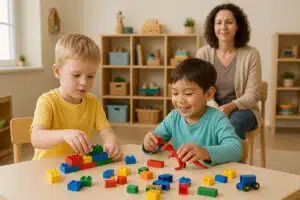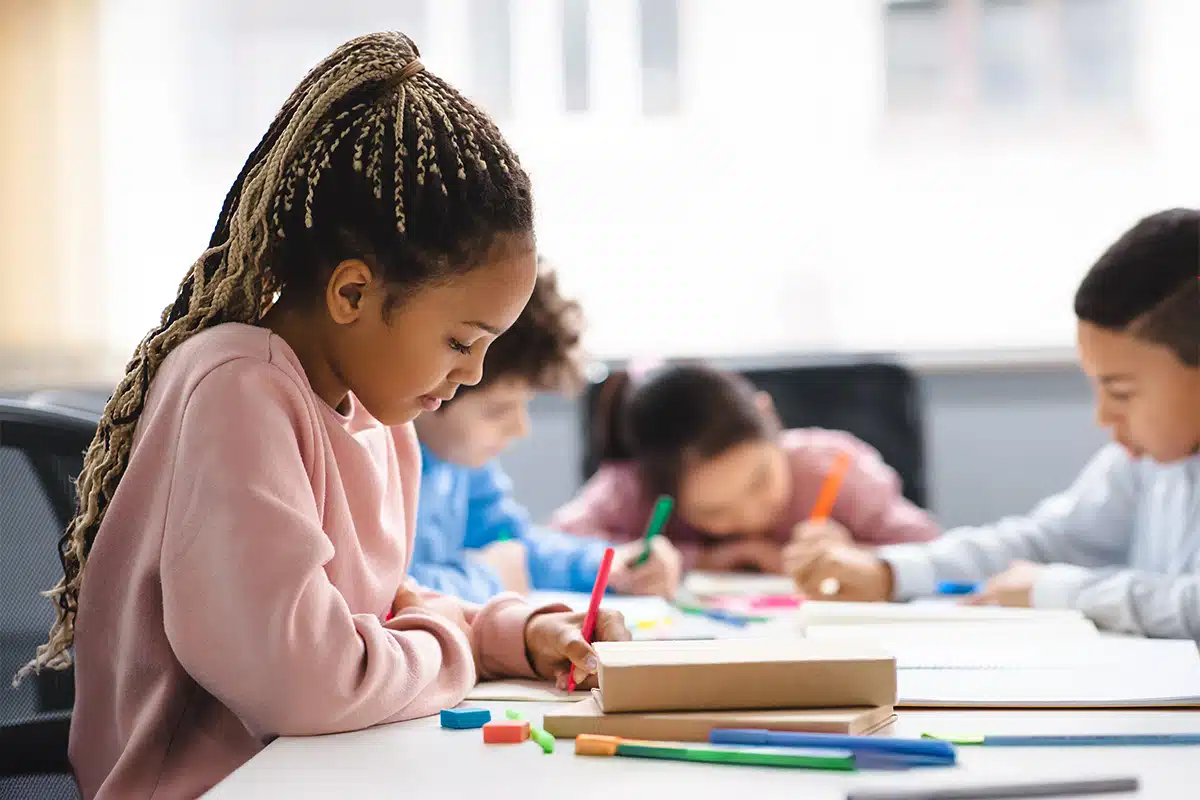
The Social Side of Autism: Supporting Friendships and Communication in Children
Support children with autism in building friendships and communication skills with practical, compassionate tips for families and educators.

Life is full of challenges, and for children, these challenges can sometimes feel overwhelming. From struggling with a difficult subject in school to navigating friendships, kids face hurdles that can test their confidence and self-esteem. Yet, how they perceive these challenges can make all the difference in how they respond to and overcome them.
At the heart of this lies a concept called growth mindset, a belief that abilities and intelligence can grow with effort, persistence and learning. This perspective, developed through the research of psychologist Dr. Carol Dweck, has become a cornerstone in understanding how we can empower children to not only face challenges but thrive in the process.
A growth mindset stands in contrast to a fixed mindset, where abilities are seen as static and unchangeable. For a child with a fixed mindset, failure might feel like a final verdict on their intelligence or worth. In contrast, a growth mindset allows children to view failure as a stepping stone, a necessary and valuable part of learning and growth.
When children embrace this outlook, their world expands. Mistakes become opportunities, challenges become exciting puzzles to solve, and hard work is a pathway to improvement rather than a sign of inadequacy. They begin to believe that they are capable of growth, even when faced with setbacks.
A child with a growth mindset develops resilience, a skill that serves them not only in their childhood but throughout their lives. Resilience enables them to bounce back from difficulties, persist in the face of obstacles and approach the unknown with confidence. This mindset also nurtures their natural curiosity and love of learning. Rather than fearing mistakes, they come to see them as an integral part of progress.
This shift in thinking is particularly valuable for children dealing with specific challenges, such as ADHD or anxiety. For these kids, the road can often feel steeper, but a growth mindset helps them approach setbacks with self-compassion and a willingness to try new strategies.
Building a growth mindset begins with everyday interactions. The way we talk to children about their successes and struggles shapes how they view their abilities. Instead of praising results (like a perfect test score), focus on the effort that went into achieving it. Comments like, “I’m so proud of how hard you worked on that project,” help children see value in the process, not just the outcome.
Equally important is how we handle mistakes. Normalize failure as a natural part of learning, sharing your own experiences of falling short and how you grew from them. This helps children understand that no one is perfect and that growth often comes from the hardest moments.
The words we use to encourage children matter. A simple phrase like, “You can’t do this yet,” reinforces the idea that skills and abilities are always evolving. Other growth-oriented phrases, such as “What did you learn from this experience?” or “What’s another way we could approach this problem?” invite children to think critically and focus on possibilities rather than limitations.
Children also learn by example, and modeling a growth mindset in your own life can be incredibly powerful. Let them see you tackle challenges with determination, embrace feedback and celebrate personal growth.
Cultivating a growth mindset is not about transforming overnight. It is a series of small steps that, over time, create lasting change. Encourage your child to take on tasks that challenge them and provide opportunities for mastery, whether it is learning a new sport, developing a hobby or improving in a subject at school. Each step forward builds their confidence and reinforces the belief that they are capable of growth.
For children with specific challenges, such as ADHD or anxiety, these lessons can be transformative. By focusing on progress rather than perfection, they learn to approach difficulties with patience and persistence, laying the foundation for lifelong resilience.
Helping children develop a growth mindset is one of the most impactful ways we can prepare them for the future. It empowers them to navigate life’s complexities with confidence, adaptability and a sense of purpose. Challenges will always be part of life, but with the right mindset, children can learn to face them with strength and optimism.
At Pediatric Consultations, we believe in fostering resilience and supporting the mental well-being of every child. A growth mindset is not just a skill for the moment. It is a lifelong tool for success.

Support children with autism in building friendships and communication skills with practical, compassionate tips for families and educators.

Discover how physical activity boosts mental health in kids, supporting focus, reducing anxiety and building emotional resilience.